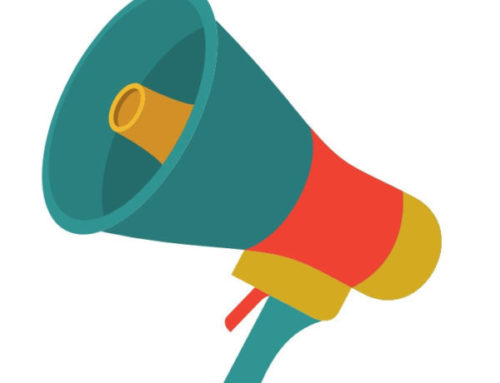
Paulette Senior, President and CEO, Canadian Women's Foundation
Like you, I’m contemplating this new year we find ourselves in. What challenges will 2023 bring for women, girls, and gender-diverse people in Canada? What can we do to meet those challenges? Here are my thoughts.
Challenge 1: Uncertain economic outlook
In the wake of the pandemic, people called what we were going through a “She-cession”. Women were disproportionately impacted by job loss, care work burdens, and health gaps. For those in the most precarious situations such as Black, Indigenous, and racialized women, women with low incomes, and women in remote and rural areas, the outlook was worse. In 2023, rising inflation and interest rates means more gendered implications on quality of life, well-being, and access to basic needs like safe housing and food.
Challenge 2: Increased gender-based violence
Canada’s already high rates of femicide, family violence, and sexual assault have gone up. I think about women with disabilities, Indigenous women, women in the North, and others at elevated risk – it is stunning to imagine the reverberating implications of this increased trauma. I also think about the rise in online harassment and hate against women and equity-seeking people, particularly those with platforms. This has a chilling effect on anyone who wants to challenge gender injustice.
Challenge 3: Lesser urgency for advancement
It’s an irony of crisis moments. Diverse women and Two Spirit, trans, and non-binary people – who represent more than 50 per cent of the population – can get relegated to a position of lesser priority in public imagination because “we’ve got bigger problems to deal with”. That’s how things can play out: we take the needs and safety of those most marginalized for granted. It can become harder to push for feminist policy reform and investments.
In short? The bind of 2023 is that our goal of a gender equal Canada is more necessary than ever, but it can get easily sidetracked.
This is why gender justice change-making is so important. The challenges are significant. But I believe we can find our way together. I’m thankful to our donors, supporters, and partners for their tireless efforts, for the way they amplify the solutions, and for following the Canadian Women’s Foundation every step of the way.
If you’re able, please consider becoming a donor today. And stay close by following us on social media or email and subscribing to our Alright, Now What? podcast wherever you get your podcast content.






Leave A Comment
You must be logged in to post a comment.